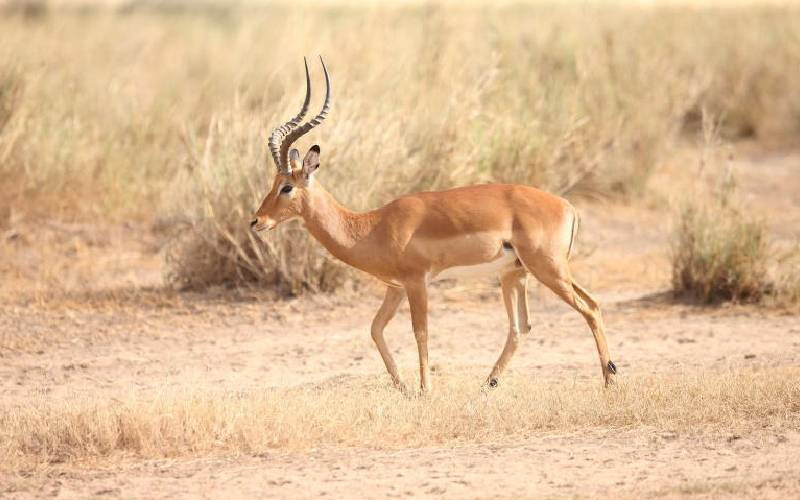×
The Standard e-Paper
Join Thousands Daily

In a heart-wrenching revelation, the once-thriving population of various antelope species in the Tsavo Conservancy has experienced a shocking decline of 50 per cent in just half a decade.
The wilderness, which once served as a safe haven for these creatures, is now witnessing a tragic consequence of bush meat hunting.